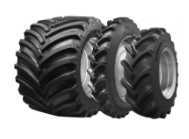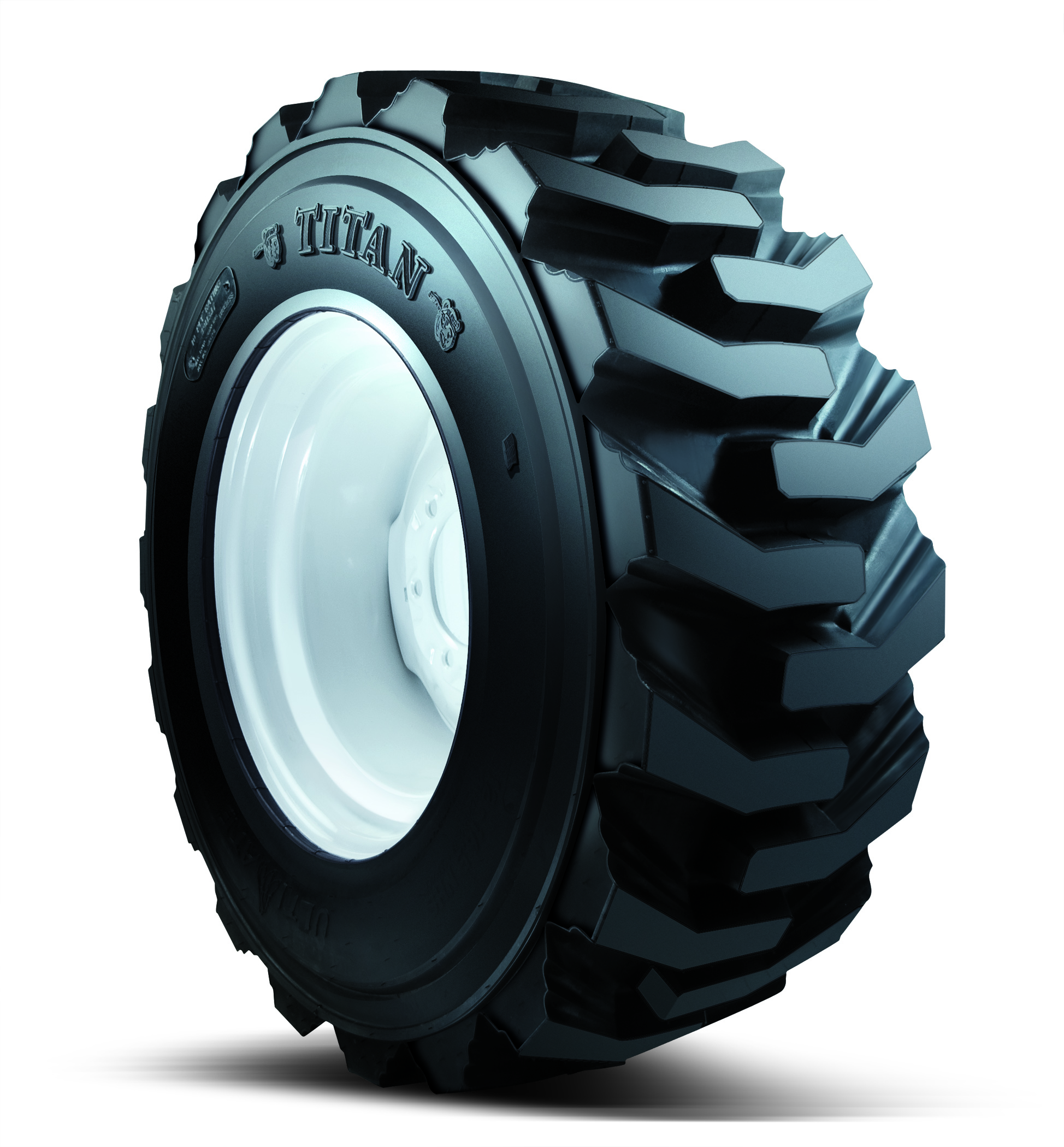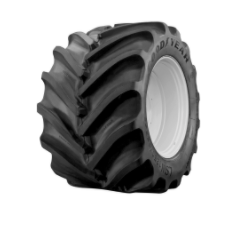Gaining Traction Home | HOW-TOS | FAQs
Estimated Reading Time: 5 Min with video
HOW TO REDUCE ROAD LOPE AND POWER HOP
In farming, productivity means profitability — and when your tractor isn’t performing like it should, it could mean lost dollars. Two factors that can hold you back? Road lope and power hop.
ROAD LOPE
Definition: (n.), The bouncing and swaying of a tractor or combine during road transport, often caused by issues related to improper inflation, the roundness of the tire, alignment of the assembly and the flexing of the sidewall.
Solution: LSW technology tires feature a shorter sidewall and VF technology which more quickly dampens bumps in the road, leading to less bouncing, quicker recovery time and reduced road lope.
POWER HOP
Definition: (n.), The bouncing of a tractor associated with high-draw-bar applications; a problem caused by the tire gaining traction as the sidewall flexes and recoils, resulting in uncontrollable bouncing of the tractor.
Solution: LSW technology tires feature a shorter sidewall and VF technology resulting in less sidewall recoil, more stability and reduced power hop.
-------------------------------------------------
REDUCING ROAD LOPE
That uncomfortable bouncing you get with road lope is caused by improper inflation or in some extreme cases, the tire and wheel assembly may be unbalanced. In some instances, fixing road lope problems typically requires a tire specialist to match up the high-spot on the rim with the low-spot on the tire, adjust the assembly as needed and ensure the tire inflation pressure is right for the tractor weight. Or, you can consider tires made with Low Sidewall (LSW) technology.
Thanks to the shorter sidewall on LSW tires, there’s less recoil and bounce as you cruise down the road. A conventional wheel/tire assembly has a 70% aspect ratio, creating more of a “basketball” effect which leads to bouncing and swaying, especially when roading at higher speeds. With LSW tires, there’s much less swaying motion.
ELIMINATING POWER HOP
While one of the major causes of power hop is unfortunately out of your control — soil type — the other known causes of power hop can be addressed through adjustments to overall tractor weight, weight distribution and tire air pressure. Or, again, you could consider LSW tires.
The larger rim diameter of LSW tires helps dampen the effect of power hop before it spirals into a loping effect that requires you to slow down or stop. Typically, in high-draw-bar applications, tractor operators will add ballasts (e.g. cast weights) to the front and/or rear axles to distribute weight, and potentially lower the inflation pressure so the tires are less stiff. LSW tires are designed to stabilize the tractor’s ride, improve productivity and increase pulling power when ballasted correctly. Remember, all tractors need to be ballasted correctly!
Looking for an upgrade? Find your local LSW tire dealer.
Featured Stories
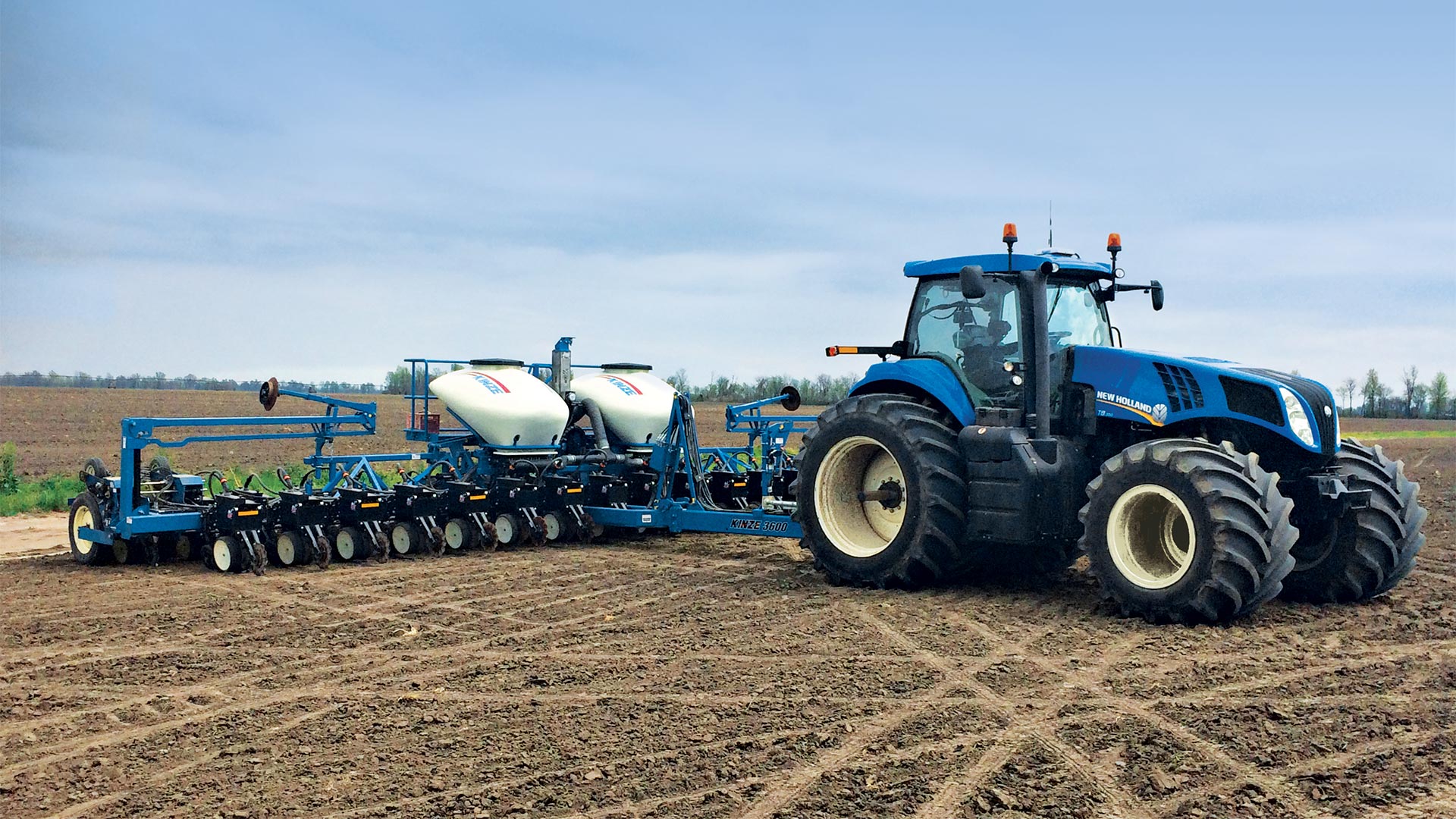
SUPER SINGLES VS. DUALS: WHICH IS RIGHT FOR YOU?
Reduce soil compaction during the growing season by opting for LSW Super Single tires over duals.
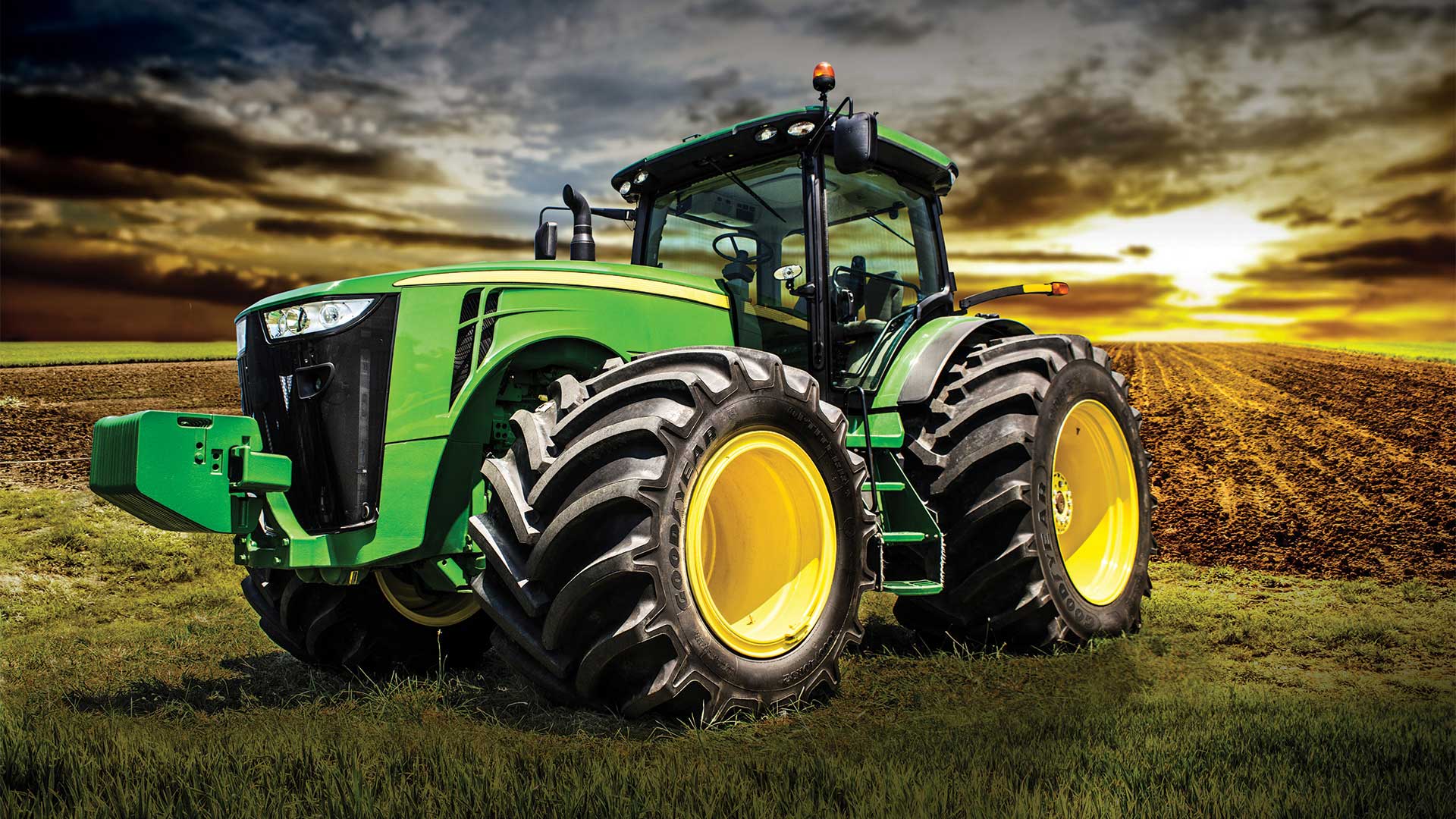
HOW TO REDUCE PINCH ROW SOIL COMPACTION
If you’re looking to increase crop yield by reducing pinch row compaction, it’s time to rethink your tire size and tire type to make it happen.
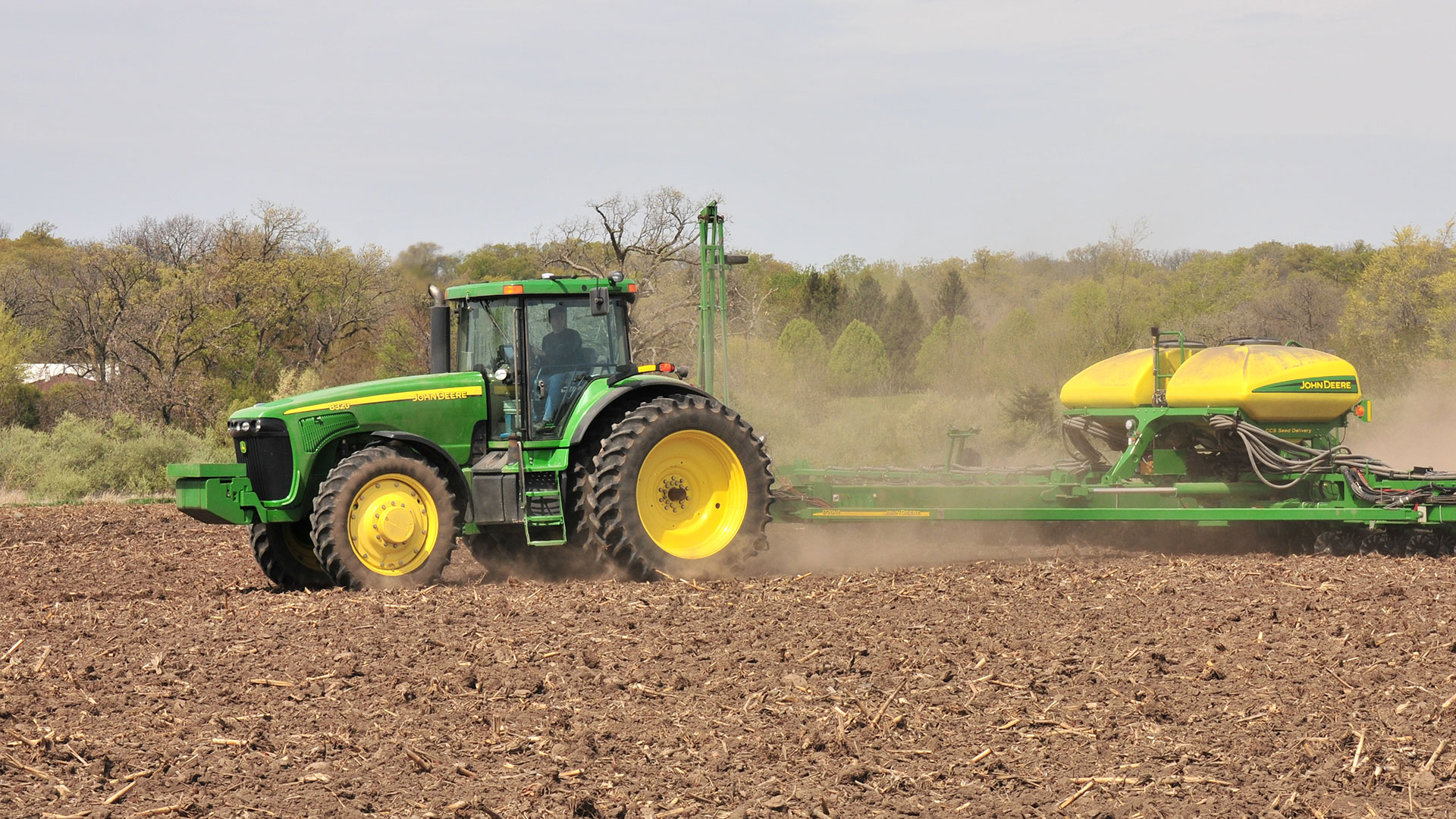
HOW TO REDUCE ROAD LOPE AND POWER HOP
Understand what causes road lope and power hop so you can diagnose the problem and correct it.
